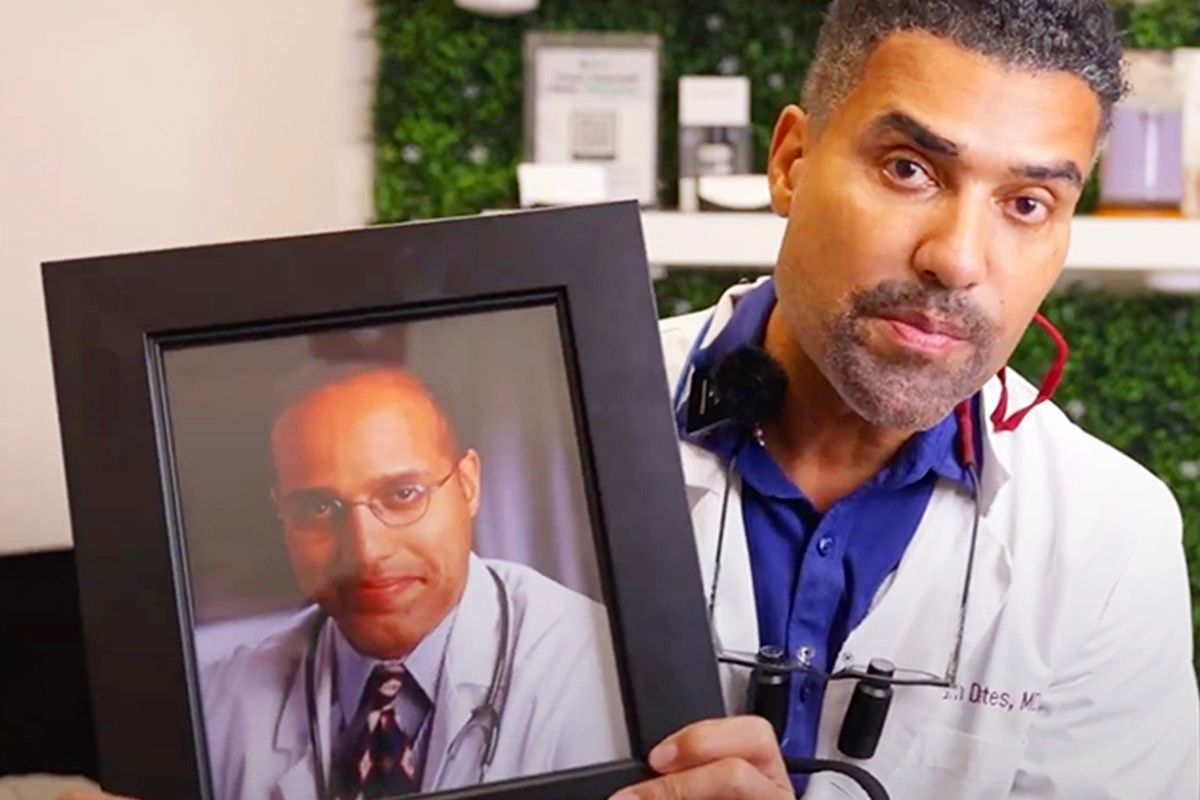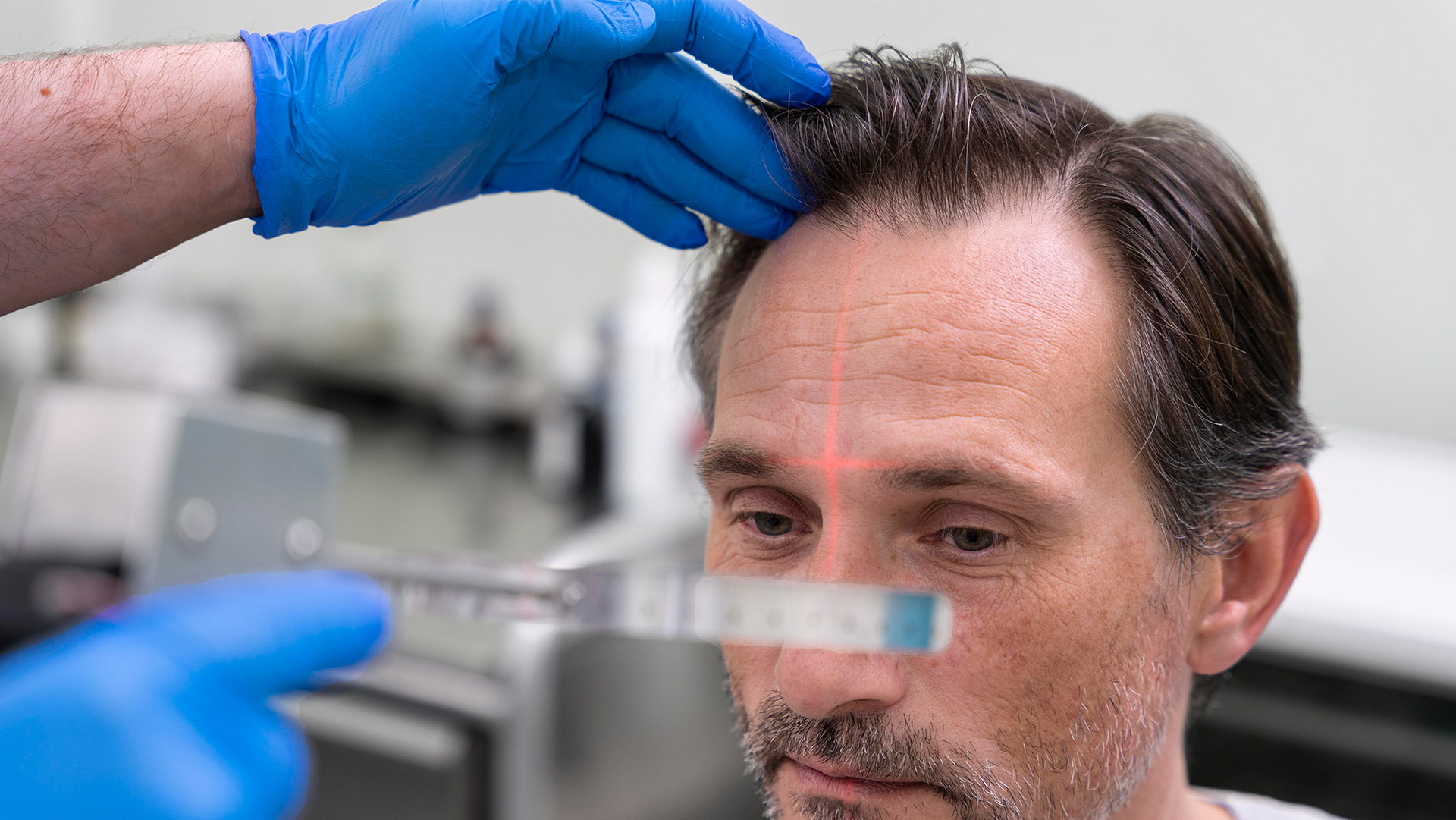



Did you know that nearly 80 million people in the U.S. alone are dealing with hair loss? It's a common problem, yet solutions often seem elusive. But one solution has been making waves in recent years: laser hair growth therapy. But before we look at what people are saying about this treatment, let's get to know the main reasons behind hair loss.
What Are the Reasons for Hair Loss?
Hair loss is a common problem that affects millions of people worldwide, impacting their self-esteem and overall quality of life. So, what triggers this unwelcome change? Here are some of the factors that can trigger hair loss:
Gaining knowledge about the causes of hair loss is the initial move towards identifying a successful remedy.
The Science Behind Laser Hair Growth Therapy
Laser hair growth therapy, also known as low-level laser therapy (LLLT), is a non-invasive treatment that uses light energy to stimulate hair follicles. This process encourages hair growth by increasing blood flow to the scalp and enhancing the delivery of nutrients to the hair follicles.
The technology works on the principle of photobiomodulation, where light energy is absorbed by the cells, leading to enhanced cell function and improved hair growth. This means that LLLT doesn't just slow down hair loss—it can also help new hair grow thicker and stronger.
Analyzing Laser Hair Growth Therapy Reviews
Laser Hair Growth Therapy, often referred to as Low-Level Laser Therapy (LLLT), has garnered attention for its non-invasive nature and promising results. By exploring user reviews, we can gain insights into the effectiveness of this therapy and the impact it has had on people's lives. Let's take a look at some of the key takeaways from these reviews.
The reviews of laser hair growth therapy reflect a largely positive user experience. With proper guidance and consistent use, laser hair growth therapy could be a game-changer in your journey towards hair restoration.
How Effective is Laser Treatment for Hair Growth?
While individual reviews provide valuable insights, scientific research offers a more objective perspective on the effectiveness of laser hair growth therapy. A multitude of studies have demonstrated the benefits of this treatment, with many users experiencing significant improvements in their hair growth.
One such study, published in the American Journal of Clinical Dermatology, found that low-level laser therapy (LLLT) significantly improved hair density and thickness when compared to a placebo device1. Similarly, research featured in Lasers in Surgery and Medicine concluded that LLLT applied to the scalp appears to be both safe and effective for hair loss treatment.
Additionally, a systematic review and meta-analysis published in Lasers in Medical Science suggested that minoxidil, finasteride, and LLLT are all effective in promoting hair growth in men with androgenic alopecia.
Results can vary based on individual circumstances. Factors such as the extent of hair loss, age, and overall health can influence how well the treatment works. Therefore, it's recommended to consult with a healthcare provider or hair restoration specialist before starting LLLT.
Is Laser Hair Growth Therapy Right for You?
Determining whether laser hair growth therapy is the right solution for you involves considering several factors. It's essential to consult with a healthcare provider or a hair restoration expert to understand your specific needs and circumstances. They can guide you on the best course of action based on your hair loss type, severity, and overall health.
One thing is clear from laser hair growth therapy reviews: this treatment has the potential to make a real difference in managing hair loss. Whether you're just starting to notice thinning hair or have been dealing with hair loss for a while, LLLT could be worth considering.
However, patience and consistency are key when it comes to laser hair growth therapy. As many users note in their reviews, it's not an overnight solution. Regular and consistent treatment is necessary to see significant results.
While individual experiences vary, the scientific backing and positive reviews certainly make laser hair growth therapy a compelling option in the fight against hair loss.
Your Next Step Towards Hair Restoration
If you're considering laser hair growth therapy, it's essential to consult with a reputable hair restoration expert. At Yates MD, we have a team of devoted professionals who are passionate about assisting individuals in restoring their confidence and self-worth with successful hair restoration methods.
Yates MD offers personalized treatment plans tailored to your specific needs. Our team of experts will guide you through every step of your journey towards hair restoration, ensuring you feel supported and informed.
Don't let hair loss hold you back any longer. Visit Yates MD today to learn more about how they can help you reclaim your hair and your confidence.
Final Thoughts
Laser hair growth therapy reviews reveal a treatment that is not only effective but also convenient and non-invasive. It's a solution that has helped many people combat hair loss and regain their confidence.
While individual experiences may vary, the positive feedback and scientific backing make laser hair growth therapy a compelling option for those struggling with hair loss.
Remember, consistency is key, and results won't happen overnight. But with patience, regular use, and guidance from a professional, laser hair growth therapy could be the answer to your hair loss concerns.



Ready to love your hair? Call 312.883.9617 for a FREE quote & consultation or fill out the form below
OUR LOCATION
213 N. Stetson Ave
Chicago, IL 60601
HOURS
Copyright ©2025 Dr. Yates Hair Science | All Rights Reserved
Powered by HEAVY LEVITY